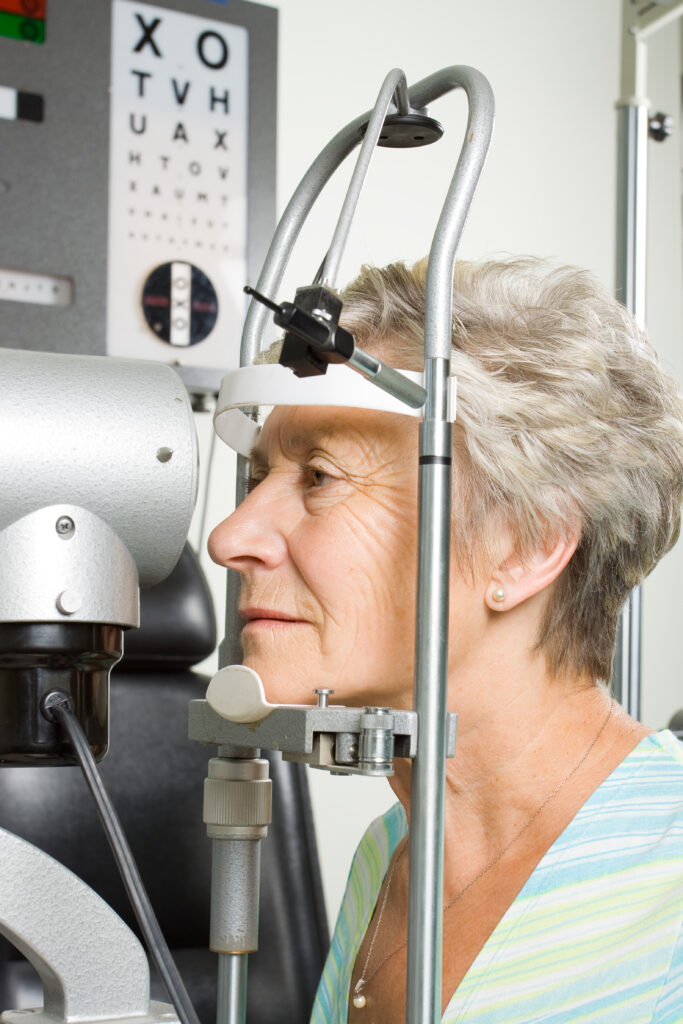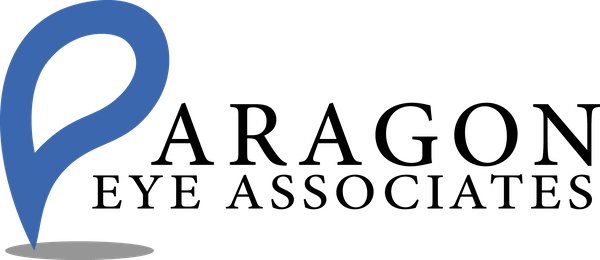February is Age-related Macular Degeneration (ARMD) Awareness Month. As such, we want to make you more aware of this disease and the impact it can have on your health. It is estimated that ARMD affects more than 2 million Americans over 50. That’s a significant number that bears recognition. But how did so many people develop this illness, and what can be done to prevent it in the future?
At Paragon Eye Associates, we offer comprehensive eye exams to identify the risks of Age-related Macular Degeneration and determine proper treatment protocols. If you are concerned about this illness, we encourage you to be proactive and get in touch with our team today. For now, here is more information about ARMD, its risk factors, and some prevention options.

What is Age-related Macular Degeneration?
ARMD affects the macula, the part of your retina that controls your central and color vision. ARMD develops when degenerative proteins/lipids, called “drusen,” deposit under the retina. As the disease progresses, the structural support system of the retina breaks down and allows abnormal blood vessels to grow or leak fluid and disrupt the retinal cells. If abnormal blood vessels grow uninhibited in the macula, a loss of central vision will soon follow.
What Are the Risk Factors for Macular Degeneration?
This disease typically affects older adults, particularly those over the age of 50. Over time, it can progress and lead to serious vision loss. Some of the risk factors for developing this illness include:
- A family history of the disease.
- Being a smoker can contribute.
- Having other eye conditions such as hyperopia and a light-colored iris.
- Having hypertension, hypercholesterolemia, and cardiovascular disease.
- Being a woman (women are more likely to be affected than men).
- Being of caucasian descent.
How Is Macular Degeneration Detected and Treated?
We can evaluate your eyes and determine if you have ARMD during a consultation. The process is simple and non-invasive. Eye drops will be used to dilate your pupils, and then a visual exam will be performed to check for symptoms of this illness.
If you have ARMD, we can recommend different treatment options to slow the progression of the disease. Special supplements that include Vitamins C and E and copper, zinc, and other minerals, have been found to reduce symptom progression. Certain medications like anti-VEGF drugs and photodynamic therapy can also stall the progression of this disease.
Be Proactive and Schedule a Consultation Today
If you are over the age of 50 and concerned about your eyesight, we can help. Our expert team at Paragon Eye Associates can evaluate the health of your eyes, determine your risk of ARMD, and help you take the steps necessary to keep your eyes safe.
Schedule your evaluation by filling out the form below. You can also contact us over the phone by dialing (817) 277-6433 for our Arlington office or (817) 477-0223 for our Mansfield office.


